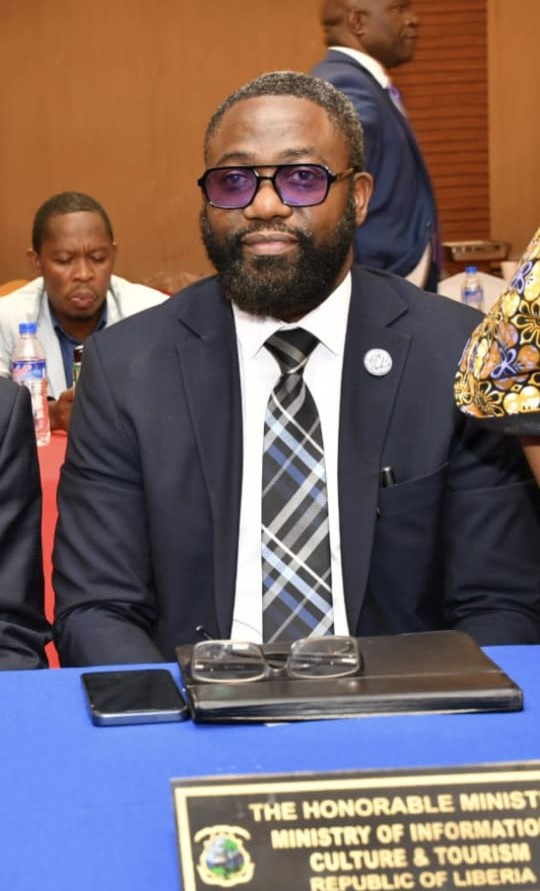Liberia, under the leadership of the Deputy Information Minister for Administration, Mr. Johnny S. Tarkpah, is taking steps to reinvigorate its commitment to the Open Government Partnership (OGP) initiative. This renewed focus is seen as a strategic move to support Liberia’s bid for a non-permanent seat on the United Nations Security Council (UNSC). The OGP, established in 2011, is a global initiative that encourages nations to promote transparency, enhance citizen engagement, and combat corruption. Since Liberia’s entry into the partnership, there have been concerns regarding the lack of progress in fulfilling its commitments, which Tarkpah aims to address by gathering input from various stakeholders and formulating a new national action plan.
Mr. Tarkpah’s ambition to rejuvenate the OGP initiative is primarily motivated by the desire to strengthen Liberia’s standing on the international stage, particularly as the country seeks to regain a position it held in the UNSC in 1961. He expressed that the commitments made by Liberia to the OGP have not been adequately brought to the attention of the presidency, which hinders progress. By actively involving civil society and local communities in developing a comprehensive action plan, Tarkpah believes that the endeavor will not only gain the president’s support but also serve as a foundation for effective governance.
The significance of the OGP for Liberia cannot be overstated, especially in light of its recent campaign at the United Nations General Assembly for a UNSC non-permanent seat. With five non-permanent members being elected annually, Tarkpah argues that demonstrating genuine adherence to OGP principles could augment Liberia’s appeal and credibility in the eyes of potential international partners. In pursuing this goal, he emphasizes the need for a responsive governance system that acknowledges and respects the roles of civil society in shaping national policies.
Moreover, Tarkpah acknowledges the importance of mobilizing political support for the new national action plan, urging collaborative efforts between the executive branch and civil society organizations to preserve momentum for the initiative. He envisions that such cooperation will enhance the effectiveness of Liberia’s governance while advancing transparency. The expectation is that bolstered political commitment to the OGP will lead to tangible improvements in governance practices that align with international standards.
Liberia’s history with the OGP has been characterized by missed opportunities, as previous commitments failed to reach the presidential level for implementation. By resurrecting this initiative, Tarkpah hopes to alter the trajectory, ensuring the current administration prioritizes these commitments. Through consultation and collective input, the new action plan will forge a path forward that reflects the aspirations of diverse stakeholders and underscores Liberia’s dedication to open governance.
In conclusion, Mr. Tarkpah’s initiative to revive the OGP in Liberia represents a crucial juncture for the country’s governance and international relations. By positioning the OGP as a vehicle for enhancing governance standards and fostering citizen engagement, Liberia can strengthen its case for a non-permanent seat at the UNSC. The commitment to transparency, accountability, and participatory governance will play a vital role in garnering support from the international community. Ultimately, as Liberia strives to reclaim its position on the UNSC, the successful realization of the OGP’s commitments stands to benefit both governance and the nation’s international reputation.


